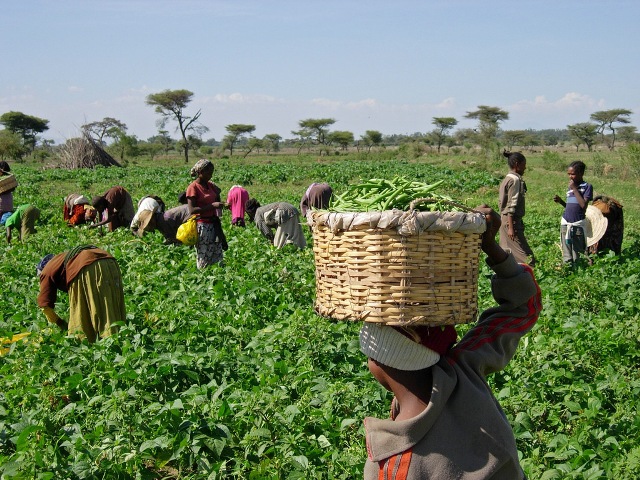South Africa's Labour Department to invest R800 mln in agriculture
The investment will be handled through the department’s entities in partnership with the Public Investment Corporation (PIC).

- Country:
- South Africa
The Department of Labour has announced its intention to invest R800 million in agriculture and related business over the next year.
The announcement of the investment comes on the heels of commitments made by social partners at the Jobs Summit. The investment will be handled through the department’s entities in partnership with the Public Investment Corporation (PIC).
Unemployment Insurance Fund (UIF) Commissioner Teboho Maruping said the UIF had commissioned a report by the PIC to investigate the feasibility of investing in poultry and abattoir projects nationally.
Maruping said the report will be tabled by the PIC tomorrow.
Preliminary findings by the PIC have shown that there is a viable investment to be made in abattoir and poultry projects in the provinces of KwaZulu-Natal, North West, Eastern Cape and Mpumalanga.
Maruping said the investments would be guided by the uniqueness of each province, taking advantage of the competitive edge of each province.
Maruping was speaking on Thursday during a meeting with the management of Daybreak Farms, a poultry project in Delmas, Mpumalanga. The meeting was led by Labour Minister Mildred Oliphant, and the Deputy Minister of Agriculture, Forestry and Fisheries, Sifiso Buthelezi.
The Department of Labour invested R483 million in Daybreak Farms through the PIC in 2015.
The PIC acquired a 100% stake in Daybreak Farms on behalf of the UIF and Compensation Fund (CF), who hold 33.33% equity each, and the remainder is held by the Government Employees Pension Fund.
Daybreak Farms CEO Boas Seruwe welcomed the investment and revealed that over 3 000 jobs had been created.
He said the company had previously made a loss of R28 million in 2015. However, after the investment, the tide had turned positively, which led to the company making a R193 million profit in the current financial year.
The company currently produces 12 kinds of products, including mixed portions, which are sold at retail stores around the country.
Oliphant said she wanted the investment to benefit and support the workers and the local people.
“This money belongs to the workers, therefore, they should be at the forefront of benefitting from this investment. The workers must have shares in the company because it’s their investment and they have to participate in the economy of the country.
“When the workers have shares, they are unlikely to go on strike because they understand that when production is reduced, it will affect profit,” she said.
She welcomed that the investment had been used to positively turn things around and make the company profitable.
“If you treat the workers well, the production will increase and the profit will also increase. I would like to thank the PIC for their role in this investment in workers. When CF and UIF are paid back and receive interest, it allows the Funds to increase the benefits to workers,” said Oliphant.
She said if the project maintains its success, it will be replicated in other provinces.
Oliphant also highlighted that the Labour Department, through the UIF, is able to reskill workers to avoid retrenchments at companies in distress.
(With inputs from South African Government press release)
- READ MORE ON:
- agriculture
- business
- Jobs Summit
- investment
- poultry
- abattoir
- jobs
- economy
ALSO READ
Australia Boosts Solomon Islands' Security with $100 Million Investment
HCC Secures Rs 600 Crore via QIP, Boosts Growth and Investments
Bihar Attracts Record Rs 1.8 Lakh Crore Investments
Bihar's Economic Leap: Rs 1.8 Lakh Crore Investment Boom
Shree Cement's Bold Move: Rs 800 Crore Investment in Bihar Plant










